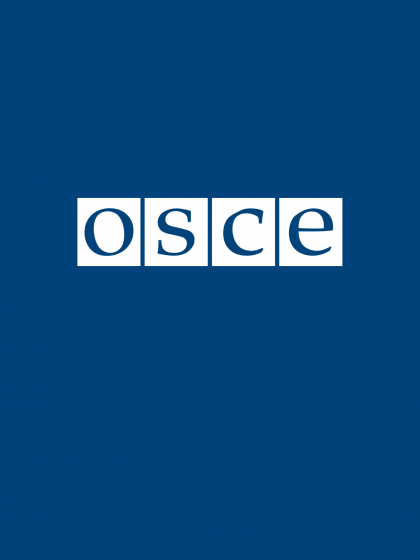Documents library
Anti-corruption assessment of eight administrative codes and legal acts of the republic of Tajikistan
Publishing date: 19 November 2015
Content type: Report
Where we are: OSCE Programme Office in Dushanbe
What we do: Good governance
Publisher: Organization for Security and Co-operation in Europe
This methodology study on how to conduct the anti-corruption assessment is designed for the Tajik governmental experts. The study aims to provide an assessment and a comparative analysis of legal acts for corruption risk factors and is drafted based on numerous consultations with the relevant Tajik authorities and legislation.

